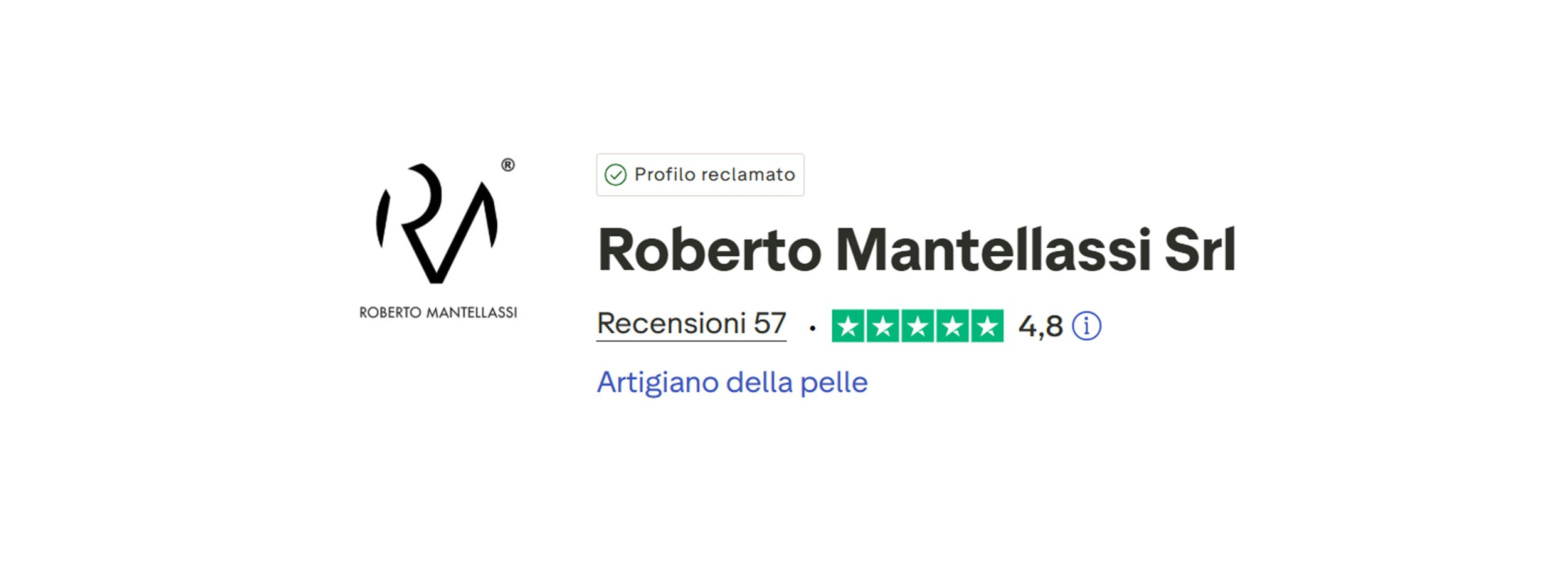Sustainability in the fashion industry
In the contemporary fashion industry, sustainability has become a central and increasingly relevant theme. In this article, we explore the growing interest in sustainable fashion, focusing on eco-friendly materials, ethical production and brands that are committed to a positive impact on the environment. Let's discover together how the fashion industry is embracing sustainability and how consumers are increasingly valuing ethics and environmental responsibility in the way they consume fashion.
Sustainability in the Fashion Industry:
- Eco-Friendly Materials: One of the major trends in sustainable fashion is the adoption of eco-friendly materials. These include natural fibers such as organic cotton, linen, and hemp, as well as recycled materials such as recycled polyester and regenerated nylon. These materials reduce the environmental impact of clothing production and contribute to more sustainable fashion.
- Ethical Production: Another key aspect of sustainable fashion is ethical production. This means ensuring decent working conditions for workers, minimizing waste during the production process, and adopting environmentally friendly production practices. Brands that are committed to ethical production demonstrate a strong commitment to social and environmental responsibility.
- Sustainable Brands: More and more fashion brands are embracing sustainability as an integral part of their business model. These brands stand out for their transparency in production practices, the use of eco-friendly materials and their commitment to reducing the environmental impact of the fashion industry. Consumers are increasingly willing to support brands that demonstrate a true commitment to sustainability.
The positive impact of sustainable fashion:
- Pollution Reduction: By using eco-friendly materials and sustainable production practices, the fashion industry can significantly contribute to reducing environmental pollution and safeguarding the planet.
- Improving working conditions: Investing in ethical production means ensuring safe and decent working conditions for workers throughout the supply chain, helping to improve the lives of people involved in clothing production.
- Consumer Awareness: The growing interest in sustainable fashion among consumers demonstrates a greater awareness and sensitivity towards environmental and social issues related to the fashion industry. Consumers are becoming increasingly aware of the power they have through their purchasing choices.
Sustainability in the fashion industry is not just a trend, but a necessity to address increasingly pressing environmental and social challenges. Brands that are committed to sustainable fashion not only contribute to a better future for the planet, but also stand out for their ethics and commitment to social responsibility.


